Why Fermented Foods Are Good for the Gut
Fermented vegetables are not just a traditional treat, but real “living” food for our body. During fermentation, beneficial microorganisms become active in the products, improving intestinal function, aiding digestion, and strengthening immunity. Regular consumption of sauerkraut tomatoes, cabbage, and cucumbers helps maintain microflora balance and reduces the risk of inflammatory processes in the digestive tract.
Sauerkraut Tomatoes: A Vitamin Treasure
Tomatoes that have undergone fermentation retain many vitamins, especially vitamin C and B vitamins, as well as antioxidants that protect the body’s cells. The lactic acid microorganisms formed during fermentation help with nutrient absorption and support a healthy gut microbiome. Sauerkraut tomatoes have a light tanginess that stimulates appetite and helps normalize digestion.
Sauerkraut Tomatoes Recipe:
Time: 7 days
Servings: 4
Ingredients:
- Tomatoes — 1 kg
- Salt — 2 tbsp
- Garlic — 3 cloves
- Dill — 1 bunch
Preparation:
- Wash the tomatoes and make small cuts on them.
- Place in a jar, layering with garlic and dill.
- Pour in boiled, cooled water with dissolved salt.
- Cover with cheesecloth and leave at room temperature for 7 days.
- After fermentation, store in the refrigerator.
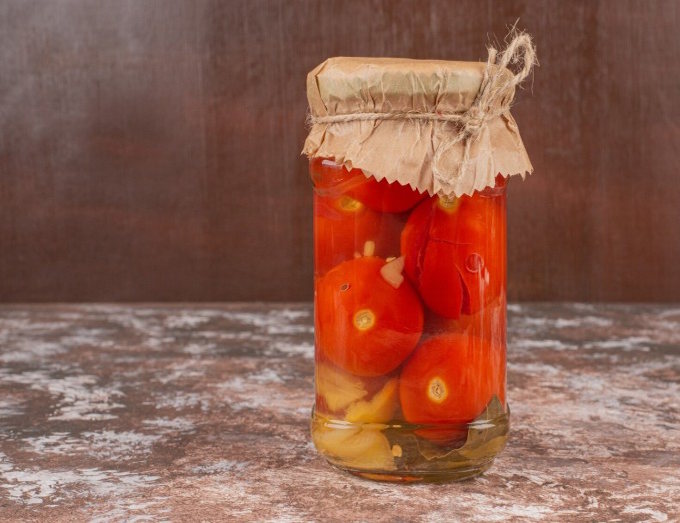
Sauerkraut Cabbage: A Source of Fiber
Cabbage during fermentation becomes a real “energy cocktail” for the gut. It contains a large amount of fiber, which improves intestinal motility and promotes toxin elimination. During fermentation, beneficial lactic acid bacteria form, strengthening immunity and supporting the gastrointestinal tract.
Sauerkraut Cabbage Recipe:
Time: 10 days
Servings: 6
Ingredients:
- White cabbage — 1 kg
- Carrot — 1 pcs
- Salt — 1.5 tbsp
Preparation:
- Shred the cabbage and grate the carrot.
- Mix the vegetables with salt and knead well by hand to release juice.
- Place in a jar, lightly pressing down.
- Cover with cheesecloth and leave at room temperature for 10 days.
- After fermentation, store in the refrigerator.
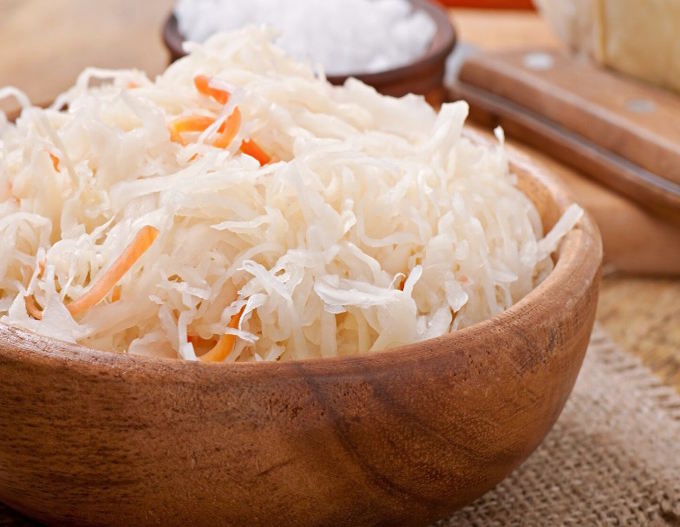
Sauerkraut Cucumbers: Refreshing and Healthy Snack
Cucumbers after fermentation become crunchy, slightly sour, and incredibly beneficial for digestion. Lactic acid bacteria help normalize the microflora, and natural enzymes aid in protein and fat absorption. Sauerkraut cucumbers also help maintain the body’s water-salt balance and are perfect for light snacks.
Sauerkraut Cucumbers Recipe:
Time: 5 days
Servings: 4
Ingredients:
- Cucumbers — 1 kg
- Garlic — 3 cloves
- Currant leaves — 5 pcs
- Salt — 2 tbsp
Preparation:
- Wash cucumbers and trim the ends.
- In a jar, layer cucumbers, garlic, and currant leaves.
- Pour in brine made from water and salt.
- Cover with cheesecloth and leave at room temperature for 5 days.
- After fermentation, store in the refrigerator.
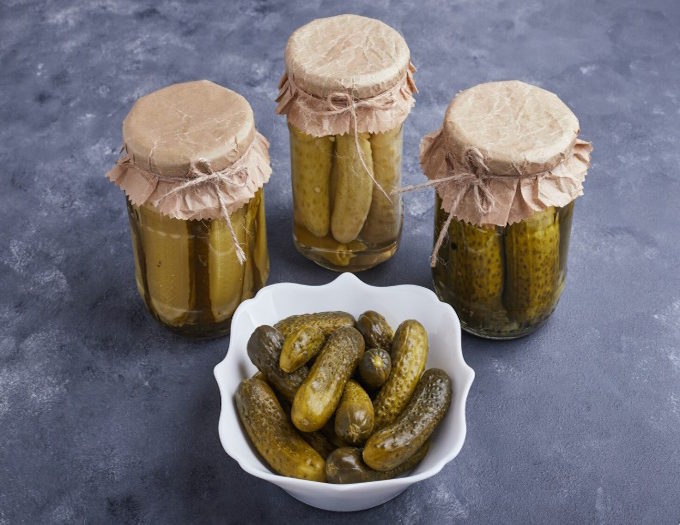
How to Include Fermented Foods in Your Diet
Sauerkraut tomatoes, cabbage, and cucumbers can be added to salads, side dishes, or eaten as a separate dish. Regular consumption helps improve digestion, fills the body with vitamins and minerals, and strengthens immunity. For maximum benefit, it is best to choose natural recipes without vinegar or preservatives.
Read also about Pumpkin for Winter
To be continued…


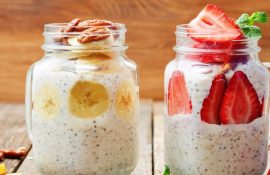

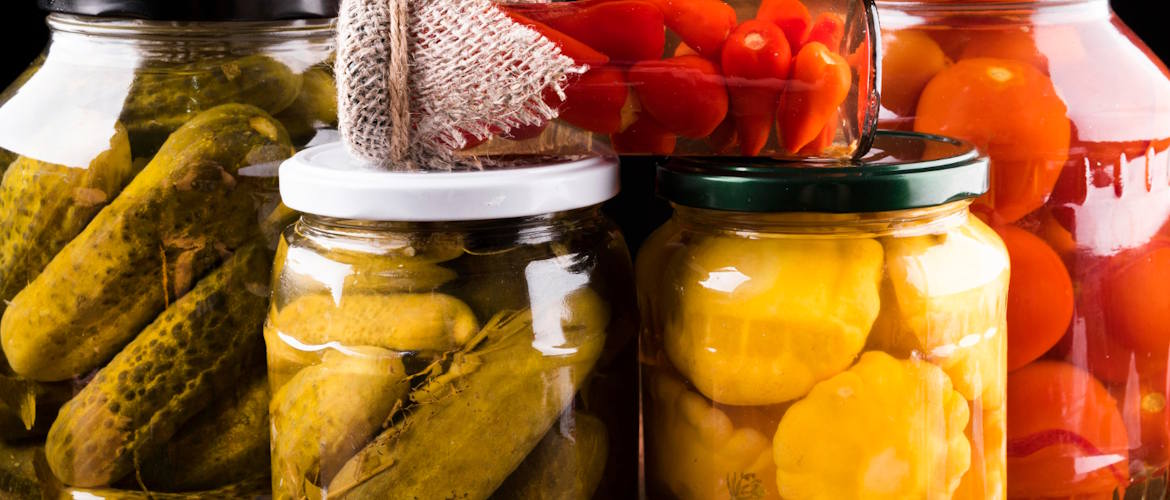


Only registered users can leave comments